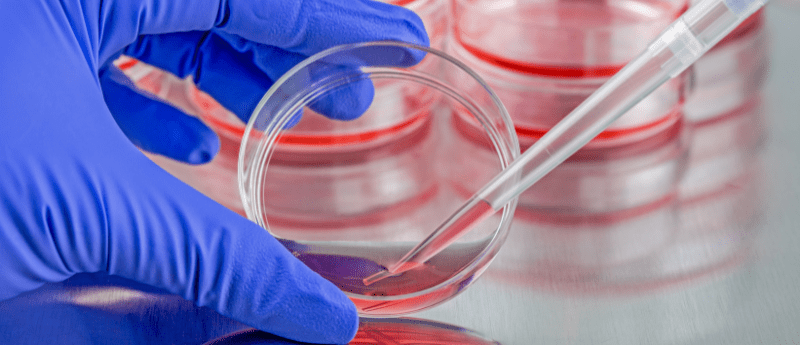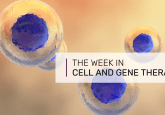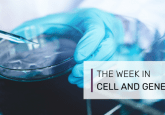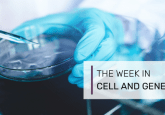Top 3 grants in regenerative medicine: March 2023

This month’s top grants in regenerative medicine, sourced from Dimensions, include projects on culturing human islets with a novel native extracellular matrix, the regenerative mechanisms of somatosensory neurons and the mechanisms and consequences of cell state transitions during heart regeneration.
Check out this month’s top grants in regenerative medicine:
Culturing human islets with a novel native extracellular matrix
This project aims to improve islet transplantation using a native extracellular matrix (ECM)-based culture system to retrieve large quantities of high-quality islets with reduced immunogenicity from culture. It builds upon previous research where the team reported the positive effects of culturing rat pancreatic islets on native ECM produced by bone marrow stromal cells. The researchers plan to develop a GMP-compliant extracellular matrix synthesized by human amniotic fluid-derived pluripotent stem cells to maintain human islets in culture. The viability, function and immunogenicity of human islets maintained on the GMP-compliant ECM will be compared to those maintained on the research-grade ECM, which has already been shown to have positive impacts on cultured islets. The results of this research could provide sufficient preliminary data to justify moving forward with the clinical investigation and commercialization of this GMP-grade version of the matrix product for use in the manufacture of cell products for clinical applications.
Funding amount: US$300,000
Funding period: 3 March 2023 – 2 March 2024
Funder: National Institute of Diabetes and Digestive and Kidney Diseases (NIDDK)
Research organization: StemBioSys (TX, USA)
Regenerative mechanisms of somatosensory neurons
This research group discovered a cell type in the dorsal root ganglion (DRG) that is believed to be the source of a growth factor shown to affect the survival of sensory neurons and regeneration of axons both in culture and when applied to injured nerves. The team aims to investigate the function of this growth factor on sensory neuron viability and axonal regeneration. Additionally, the team aims to establish whether adult neurogenesis occurs in the DRG by observing if neurons repopulate the DRG following injury; what types of cells proliferate in the DRG; and whether the proliferation of these cells after an injury is dependent on this growth factor. This research will provide insight into whether this growth factor has therapeutic potential to support DRG cell viability, axonal regeneration, and neuronal regeneration of somatosensory neurons after injury or in degenerative diseases.
Funding amount: US$246,000
Funding period: 23 March 2023 – 28 February 2025
Funder: National Institute of Neurological Disorders and Stroke (NINDS)
Research organization: The University of Texas Southwestern Medical Center (TX, USA)
Mechanisms and consequences of cell state transitions during heart regeneration
Using the adult zebrafish heart as a model, the present project will investigate how regeneration after injury is orchestrated by the multiple different cell types. The team will establish which cell types react to injury and develop new experimental and computational strategies to measure their activation profiles as well as investigate what mechanisms are responsible for inducing cell state activation following injury by utilizing single-cell transcriptomics and open chromatin profiling to infer gene regulatory networks. This research also aims to reveal pro-regenerative cell types and understand their role in the regenerative process. Combining this information will provide the first comprehensive insight into how activation of different cell types leads to a synergistic response in the regeneration of injured organs and will provide avenues for future investigation into the regenerative potential of the heart.
Funding amount: US$2,222,071
Funding period: 1 March 2023 – 29 February 2028
Funder: European Commission (EC)
Research organization: Max Delbrück Center for Molecular Medicine (Berlin, Germany)
Brought to you with support from:






